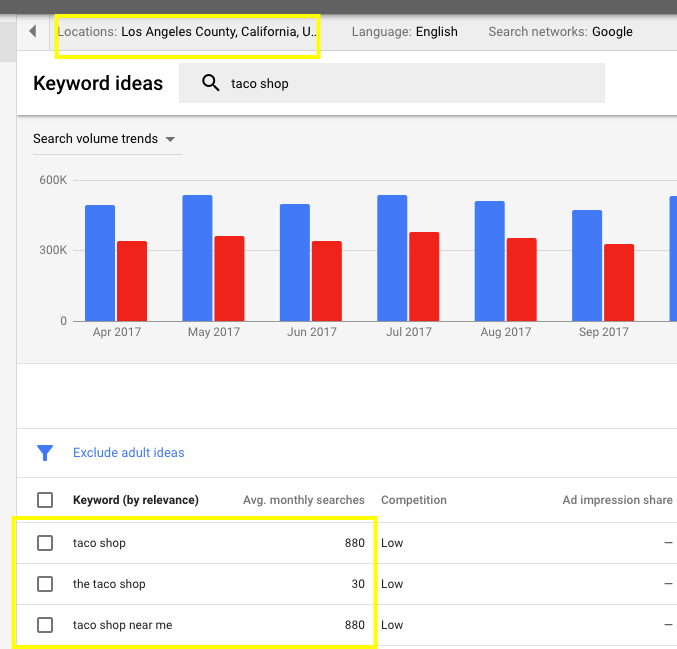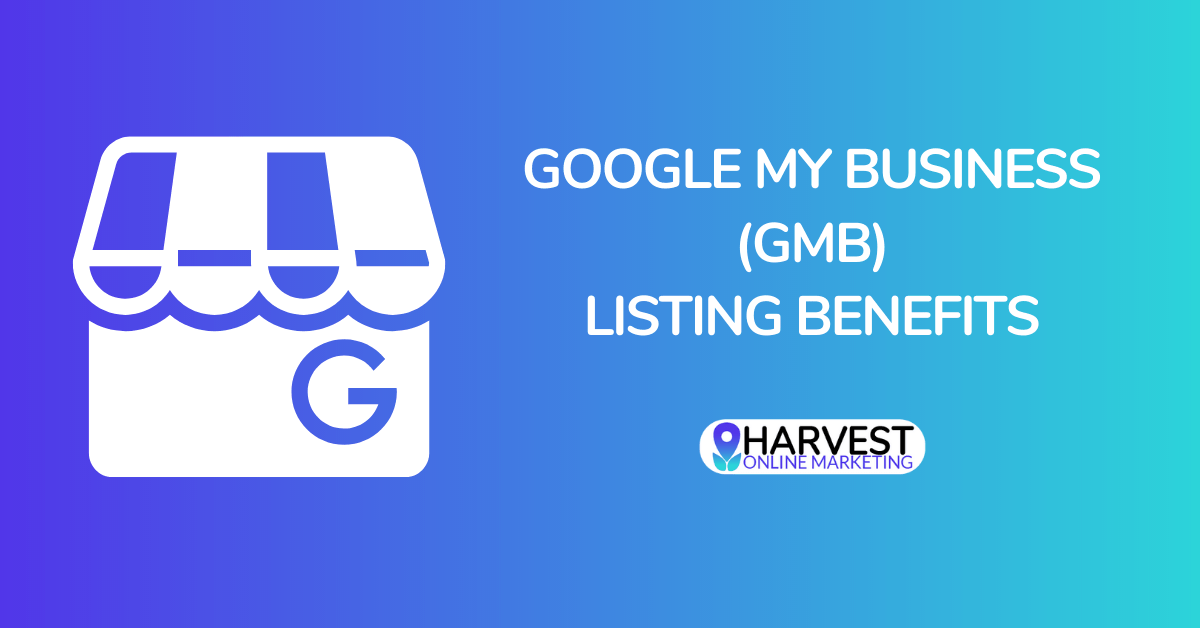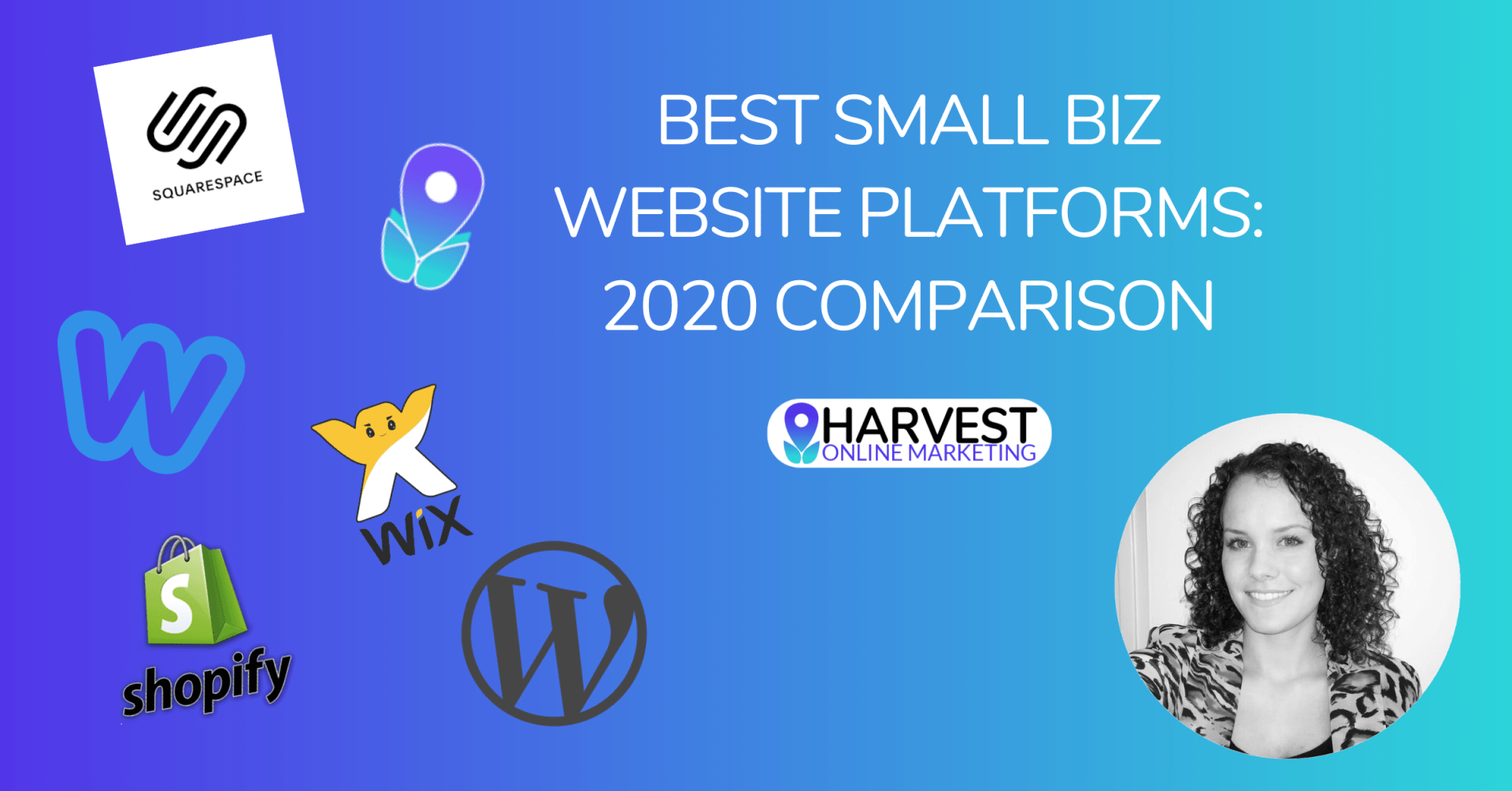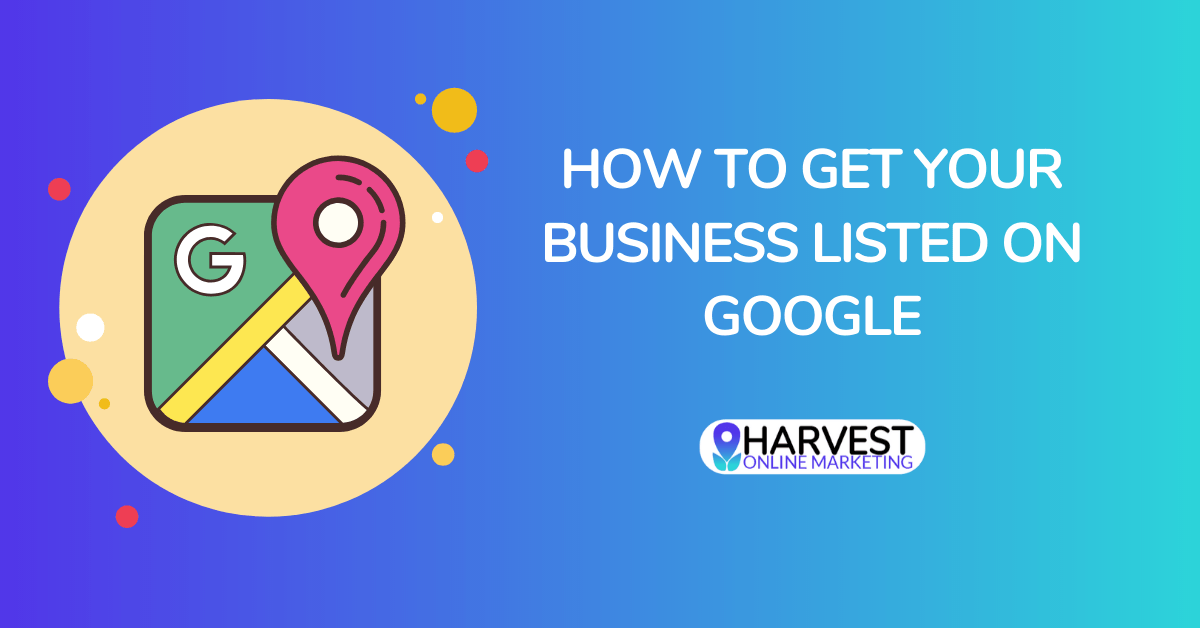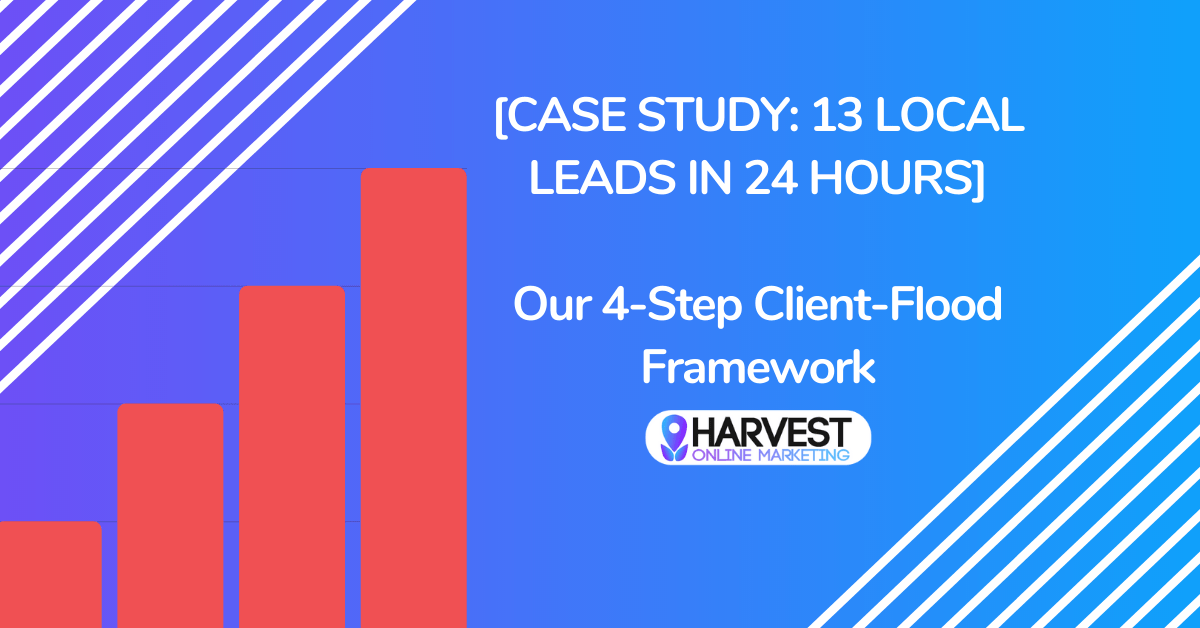
A Short Guide: How Does SEO Work & Can It Help YOUR Business?
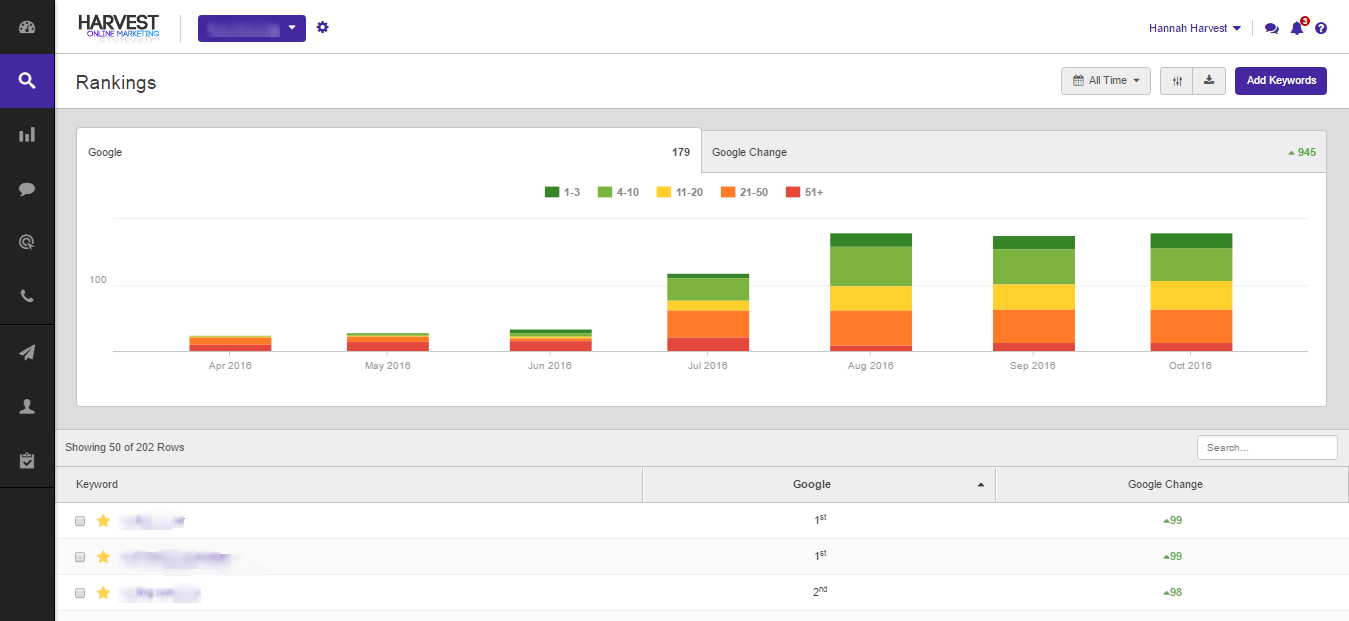
-
Hey, I'm Hannah - owner & author.
ButtonI've been helping small businesses use data and design to grow for over a decade. I hope you're next!
A straightforward guide for business owners who think they might need search engine optimization but aren't sure.
Many people know they need marketing but aren't sure exactly what kind or where their customers hang out.
This post was written as a quick guide to answer how SEO works
and who can benefit from it,
for business owners who think their customers might be searching for them in search engines like Google. (Psst, if you already know you need SEO, check out our local SEO services here.)
First, What Is SEO?
To determine whether SEO will be helpful to you, we first need to understand what it is and how SEO works.
Search Engine Optimization is the practice of optimizing a web property to rank higher in search engines for specific search terms
.
The target search terms should have been discovered and identified as valuable targets through keyword research for the industry and market.
SEO can help to grow a business when a searcher enters a relevant search phrase, clicks on a website, and submits an inquiry to a business through the website, thereby helping the business grow and get more customers - all because they had high visibility up in a search engine.
How To Know If SEO Will Work For YOUR Business
To determine whether this will help your business, we have to answer two questions:
1) Are there people searching for your services?
If yes, this means that we can reach your audience through search engines. Move to question 2.
But how can you tell if people are searching for what you offer?
Google actually provides this data publicly!
That is how they run their advertising platform. If we couldn't tell how many people are searching specific phrases, nobody would be able to target those phrases for ads.
So you can use Google's own tool, or many other free tools. Here are some links:
- Google's Keyword Tool - you will need a Google Ads account to access this, and they will only give you estimates unless you're paying for ads
- SEMRush
- KWFinder
- Use Google suggest - meaning do a few searches in Google for phrases you think people might be searching, and then scroll to the bottom to see what other keywords Google is suggesting as similar searches.
If you can't find any specific phrases that you want to show up for, search engine optimization will not help you (Unless you target your audience through content marketing - which is a topic for another day.)
2) If people are searching for your services, do you have the resources to compete?
A) Does your website and content type fit into the SERP template?
Do a few searches for the keywords that you want to show up for. Look at the web pages already ranking in the SERP (search engine results page). Are there any websites similar to yours?
For example, if you're a local business, do you see other local businesses websites ranking? What type of page on their website is ranking - the homepage, a blogpost, something else?
If you want to rank a LinkedIN page, do you see a LinkedIN page already ranking?
If you're an e-commerce store, do you see any product or category pages ranking from other websites? What are their pages like?
Or are they blog posts and informational posts? If so, can you create content like that?
This concept is what I like to call a SERP template
- meaning that Google is choosing to rank specific types of pages for that search
. If you have a similar type of content that you want to rank, then you can fit into the SERP template. Move to the next step.
B) Can you out-do the websites and content that are currently ranking in the SERP?
What are the current high ranking sites doing that have earned them those top positions? Are these extremely competitive sites or can you outdo them, in any way such as better on-page optimization, better and longer content, more thorough topic research, better internal linking, a faster site, a better user experience, an SSL certificate, a faster loading speed?
Often times particularly in local search, it is very easy to outdo competitors.
So if you have the budget and the ability to compete within the current top ranking results, then SEO can help you! It comes down to which business has more resources:
content, budget, patience, time, etc.
If the answer is YES to all of the above questions... you are a good candidate for search engine optimization. :)
If the answer is NO to either question, then no SEO plan will work for you and you should consider other marketing avenues. You can view all of our local marketing services here.

We are a digital marketing agency that helps small businesses get in front of their perfect local customers online, and look great while doing it.
